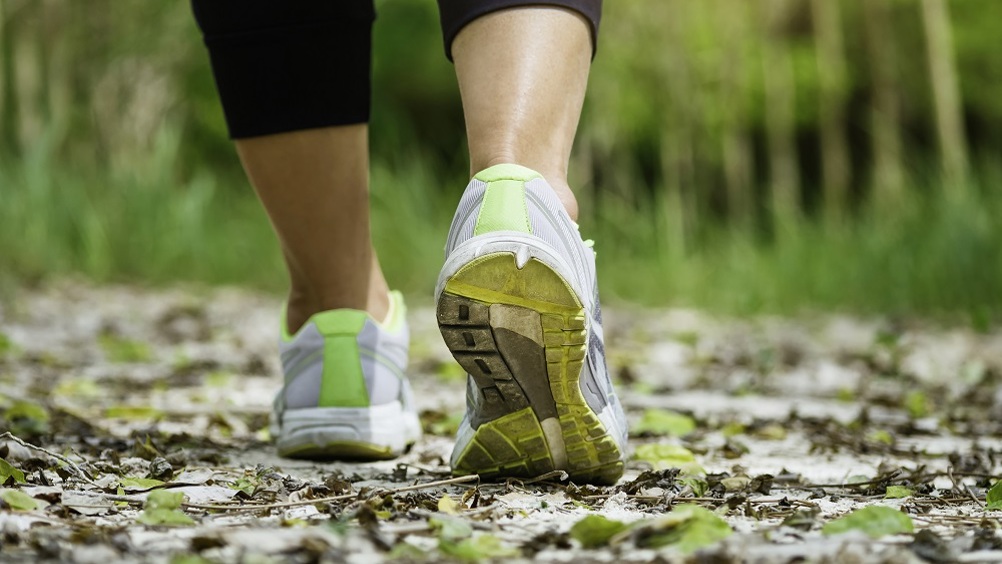References
Using the transtheoretical model of behaviour change to analyse the impact of stopping exercise: a reflection

Abstract
This article is an analytical reflection of the personal health journey of a first-year nursing student that was undertaken as part of a first-year unit of study. Focusing on social, physical and psychological aspects of health, it explores the impact of the cessation of exercise on her emotional and physical health and wellbeing. This is relevant to current practice as a result of COVID-19, which reduced opportunities for exercise for many people, whether because of self-isolation and lockdown restrictions on leisure facilities or increased workload and caring responsibilities, all of which affect health and wellbeing. The article is presented in the first person, reflecting the personal analysis it captures.
The term ‘health’ is familiar in everyday language but defining what it means is problematic. Lay perspectives of health reflect opinions of non-medical individuals. Herzlich (1973) presents health as a combination of the individual's perspective, lifestyle and society, a view that is endorsed in research by Macintyre et al (2006). Lay perspectives about the sense of control over health are influenced by social, economic and cultural factors (Prochaska and DiClemente, 2017).
Theoretical definitions focus on health as ‘the freedom from medically defined disease and disability’ (Prochaska and DiClemente, 2017). The biomedical approach to health predominates, focusing on scientific knowledge as the basis of medical, surgical and biological management of illness to restore health (Giddens and Sutton, 2017). The body is considered akin to a homeostatic machine that adapts to change in the environment. If the body cannot adapt, then health is compromised (Blaxter, 2010). This view disregards the fact that many individuals live long, full lives despite having long-term health conditions.
Register now to continue reading
Thank you for visiting British Journal of Nursing and reading some of our peer-reviewed resources for nurses. To read more, please register today. You’ll enjoy the following great benefits:
What's included
-
Limited access to clinical or professional articles
-
Unlimited access to the latest news, blogs and video content

